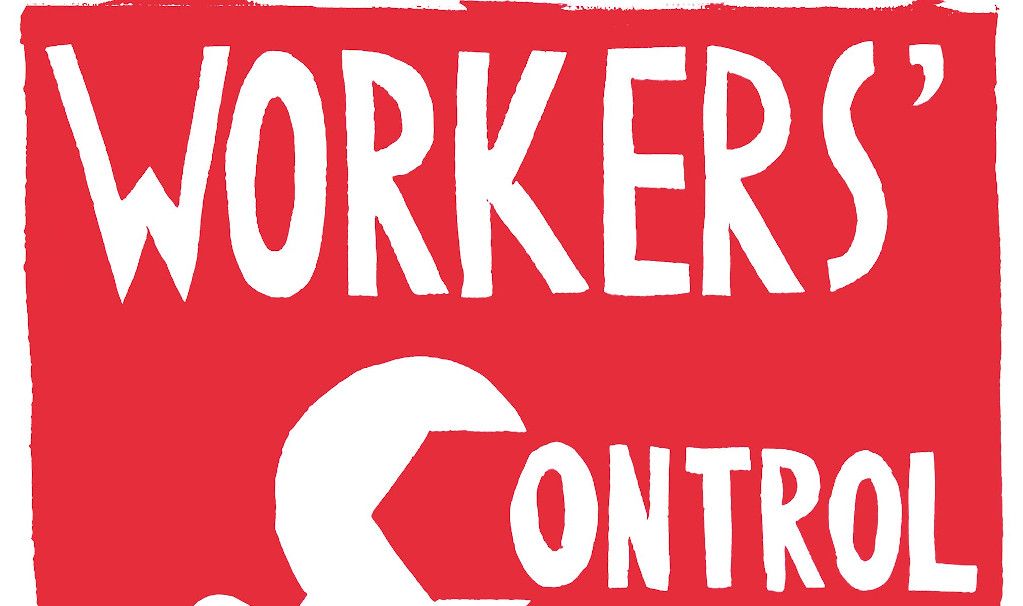The COVID-19 pandemic is exposing all the more clearly the fundamental failings of the capitalist economic system that we live under. Even before the pandemic, capitalist states have allowed for growing inequality, mass poverty, environmental destruction, and oppression of poor and working-class people both at home and even more so in places subject to colonialism and imperialism. Now we see that capitalist economies are unable to mobilize an adequate response. Governments have been slow to react, waited too long to implement mass testing, and now healthcare systems are being overwhelmed.
The inadequacy of the response is not, as many apologists for capitalism would have you believe, due to a lack of funds or resources. On the contrary, we are living in an era of unprecedented productivity and abundance. Our society is rich with the technological capabilities and human talents necessary to do and create incredible things. To understand the inadequacy of the response we have to understand for what purpose, and in whose interest, all the productive capacity of society is being directed under capitalism.
While the exact timing and severity of this pandemic was of course unpredictable, doctors and medical scientists have been warning of the risk of a pandemic of this scale for decades. An event like this is not entirely unprecedented, we have not only the example of the 1918 flu pandemic, but more recently the SARS and MERS outbreaks of the early 2000s and mid 2010s, which were also coronaviruses of a similar type to COVID-19. Nevertheless, in all of the intervening period capitalism has seen fit to spend trillions of dollars on making weapons to kill people but has been unwilling to spend nearly enough on ventilators, masks, or other precautions necessary to save people’s lives.
Capitalist states lack the ability to take decisive and coordinated action to respond to the crisis because the system is antithetical to any such cooperation. Under the capitalist system, most of the land, wealth, and machinery is privately owned by a privileged minority of individuals and corporations that are pitted in competition with each other on the market. Despite the fact that the majority of the population is engaged in making productive use of this land, wealth, and machinery, they do so solely for the purpose of making profit for the owner. Meanwhile, governments of capitalist states are engaged in constant competition with each other over power and resources, in the interests of their respective national capitalist classes, limiting their ability to coordinate international cooperation.
Around the capitalist world today, in response to the lockdown, producers are destroying food because the market for it has collapsed. Meanwhile, people still need to eat, including workers who have been laid off. The only way to understand this contradiction is to understand that the real purpose of food production under capitalism is not to feed people, but to make profit for the owners. The drive for profit is so strong under capitalism that even a catastrophe like climate change that threatens the lives of nearly everyone on the planet, the system does not change course, because destroying the environment will never stop being profitable.
The problems of capitalism are fundamental and irreformable, but there is an alternative, and that alternative is socialist planning. The idea behind a socially planned economy is to ensure, as a matter of first principle, a decent standard of living for everyone in society. The task of economic planning is to reconcile our productive capacity with our needs, and to develop a plan to meet those needs. Under a socially planned economy, the purpose of production is not to make profit for the owners, but to provide for the common benefit of all. By taking the land, wealth, and machinery now concentrated in private hands into public ownership, we would make full and effective use of them, freeing them from the waste and inefficiency of capitalist competition. By planning, we would be able to take the long-term interests of society into account, ensuring that we make responsible use of natural resources and protect the environment.
In the previous months we have observed how the response of our governments to the crisis have been limited to negotiation with private companies, encouraging or incentivizing them to shift their production to make the necessary ventilators, PPE, and other supplies necessary to respond to the crisis. If we had a socially planned economy, all the necessary means of production would already be in public hands and could be redirected to produce the necessary supplies. Our economic infrastructure would already be accustomed to working with a plan to serve the common interest, allowing for a rapid and effective response. Rather than relying on profiteering private pharmaceutical companies, medical labs and researchers could be immediately mobilized to begin investigating treatments and preparing for production of a possible vaccine.
The most crucial element of any successful socially planned economy is that it be under the democratic control of workers at every level. What this means is that the conditions of work, including health, safely, and security, as well as the organization and allocation of labour, are determined democratically by the workers. Any administrators must be elected, subject to recall, and receive equal pay, and any specialists or experts must be accountable to the workers.
This is unlike how publicly-owned companies work in capitalist states. Institutions such as universities and hospitals, or crown corporations like Canada Post, the CBC, BC Ferries, SaskTel, etc., are all run from the top down by bureaucrats. The relationship between managers and employees in these companies is not unlike that in private companies, although the private profit motive has been removed. Most publicly-owned organizations exist to provide services for capitalism or fill gaps that are not profitable.
While public ownership is a step forward from private ownership and a step towards a planned economy, public ownership under capitalism is not sufficient, and workers’ democracy is necessary. Without workers’ democracy, bureaucratic control will lead a planned economy to self-destruction, and to the degeneration of civil rights and democracy generally. We saw this in the form of the Soviet Union and other Stalinist states of the last century. As Trotsky famously said, “a planned economy requires democracy just as the human body requires oxygen.”
In the COVID-19 crisis, we have seen numerous examples of clusters of outbreaks in workplaces. The first deaths due to the virus in Canada were at the Lynn Valley long-term care centre, a for-profit facility that operated with staff shortages and underpaid workers. Recently, the local health authority was forced to close a poultry processing plant in Coquitlam, British Columbia, as two workers have tested positive for coronavirus. Both these instances, and others like them, would have been avoided with worker democracy. Patients could be saved, and factories remain open, because workers understand what work is essential, how best to do the essential work, and how to ensure their own safe working conditions. While workers may know how to save time and conserve resources, management would sooner cut staff and pile more dangerous work on whoever is left, thus forcing workers to choose between their livelihood and their health, and by extension the health of their communities.
A planned economy and workers’ democracy can only be achieved through struggle. The capitalist ruling class controls our economy, the politicians, and the state apparatus, and they guard that control jealously and ruthlessly. Only a revolution led by a united working class will be able to break this stranglehold.
While a socialist transformation is not going to happen in Canada now, COVID-19 has convinced many people that change is needed. Now Socialist Alternative demands action to protect people’s livelihoods, workers to decide what is an essential service and then to have full safety at work. Bailouts should go to workers not to the banks and super-rich. Building independent workers’ solidarity and actions strengthens the route to socialist change.



